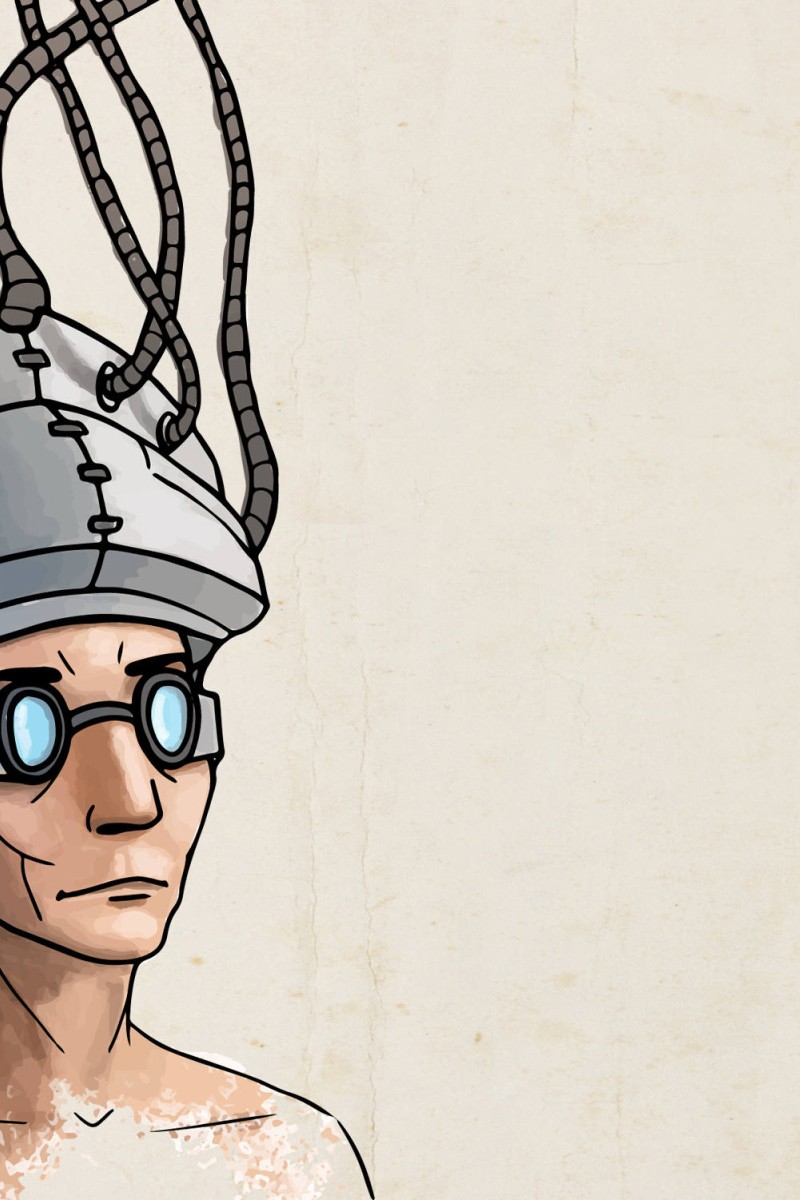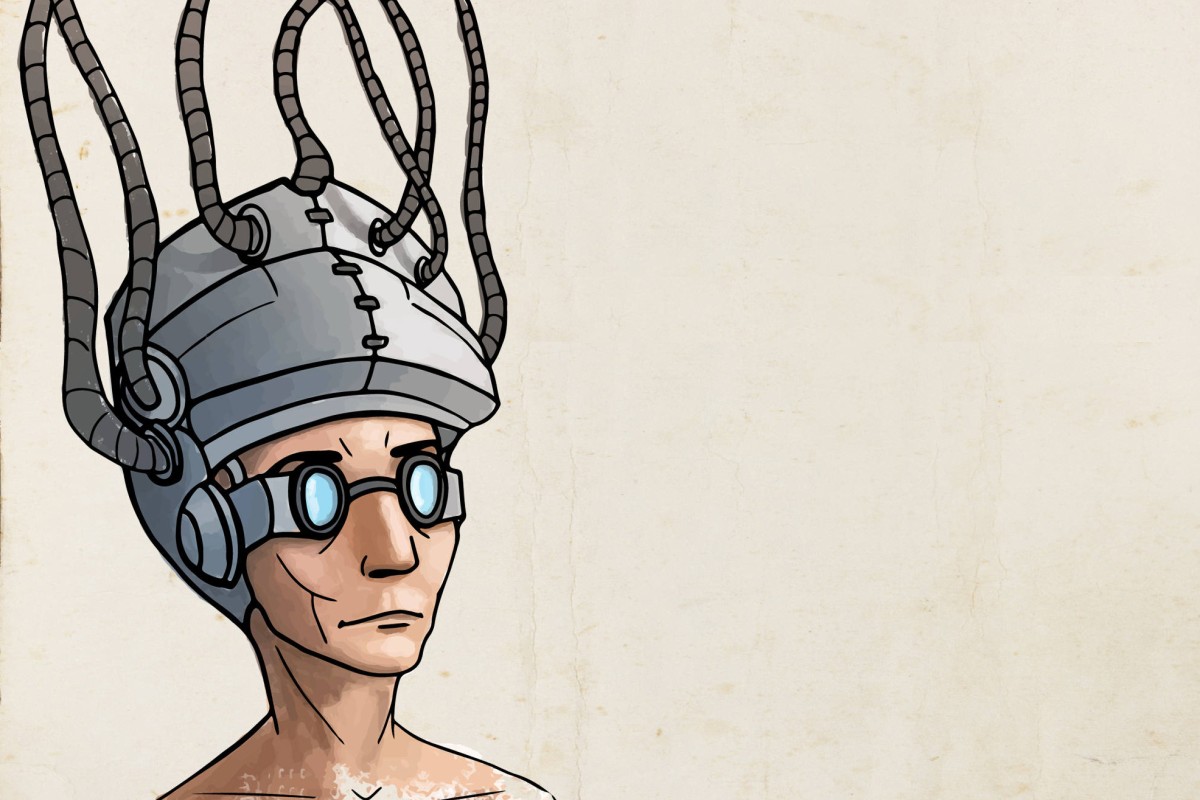
Thinking differently is no reason to freak out
Thinking outside the box can often seem daunting, but there are also definite benefits and rewards

Is common sense uncommon? An online exclusive interview with Steven Levitt about his book Think Like A Freak suggests his and co-writer Stephen Dubner's thinking habits are nothing groundbreaking, but are extremely rare. The latest addition to the bestselling Freakonomics series uses their trademark of telling stories about data to pleasantly remind us that the only obstacle to thinking better is effort.
"We are too busy to think hard about every problem. Instead we follow rules of thumb, listen to advice, and copy people around us," says Levitt. That "gets us through life", but we are "out of practice" when a new or important problem arises.
"The adult world has traditionally not been very accepting of failure. In most business cultures, it is better, at least in the short run, to fake your way through something than to admit you don't know the real answers. In my view, if you don't admit your ignorance, you can never learn and improve," says Levitt.
This means saying, "I don't know", even when you should know and everyone else seems to know. This allows you to question, redefine and solve problems. You should think like a child and continue asking "why?" Lots of small steps are easier and more likely to succeed than one big leap.
An example in the book is Takeru Kobayashi. He doubled the world record for eating hot dogs because he worked on his technique instead of forcing down as much as he could eat like the other contestants. Recording times with videotapes, he experimented and realised that eating the sausage first and then the bun dunked in water was the quickest method.
Knowing what to measure and how to measure it can simplify problems and help decipher incentives. Levitt says data is the best way to explain why people behave the way they do.
Take David Lee Roth, singer of rock band Van Halen. He was infamous for trashing concert venues when the hosts did not remove the brown M&Ms from their snack tray. This was because their request was buried in a manual of instructions, so the band knew that if the brown M&Ms had been removed, the venue had also read and complied with the technical regulations. This was a clever way for the band to sort the good venues from the bad, disguised as excessive rock star habits.
Clever thinkers have an open mind and know who to persuade and how to do so. But this can get them into trouble. "There are two kinds of trouble: trouble you know you are getting yourself into and trouble that catches you by surprise. I've gotten better at anticipating other people's reactions to my way of thinking. So now, most of the time when I aggravate or upset people, I do it on purpose, because I think it will accomplish something worthwhile," says Levitt.
Creative and critical thinking is difficult and time consuming, but the rewards make it worthwhile. "I don't think there is anything hard in what we do. Not that we have all the answers - we don't - but at least we have fun along the way," says Levitt.